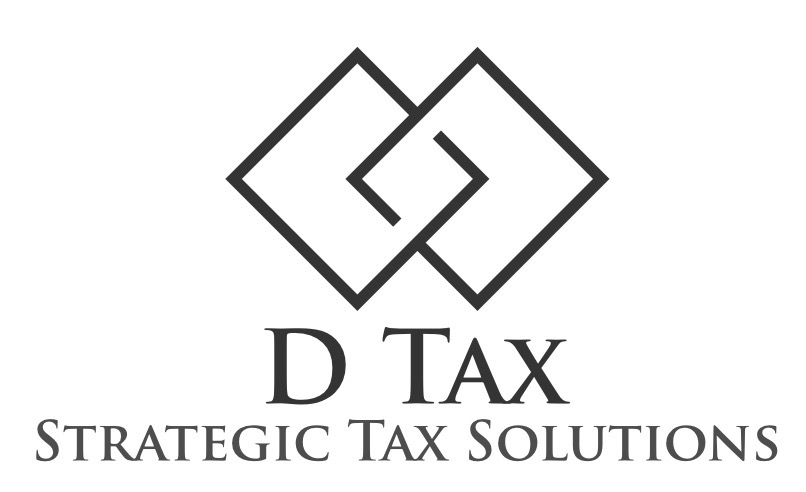Being prepared for an IRS audit of your personal taxes can help alleviate stress and ensure a smoother process. Here are some steps to help you prepare:
Gather and organize your documents: Collect all relevant documents, including W-2s, 1099s, receipts, bank statements, investment statements, and any other records related to your income, deductions, and credits. Organize them in a systematic manner, such as by tax year and category.
Review your tax return: Carefully review your tax return and ensure its accuracy. Compare it with the supporting documentation you’ve gathered to identify any discrepancies or errors. If you discover mistakes, consider filing an amended return before the audit.
Understand the audit scope: The IRS will typically specify the areas they are auditing. Review the audit notification letter to understand the scope of the examination. It might focus on specific deductions, credits, or income sources. This will help you direct your preparation efforts accordingly.
Seek professional assistance if needed: If you’re unsure about any aspect of your tax situation or the audit process, it’s wise to consult a tax professional. Enlist the help of a certified public accountant (CPA), enrolled agent, or tax attorney who can provide guidance and represent you during the audit.
Maintain open communication: If you receive an audit notification, promptly respond to the IRS and acknowledge receipt of the notice. Keep communication channels open and respond to any requests for information or documentation within the specified time frame. Failure to respond can result in additional penalties or a less favorable outcome.
Be organized during the audit: Prepare for the audit interview by reviewing your tax return and supporting documents. Anticipate questions that may arise and be ready to provide clear and concise answers. Stay calm, respectful, and cooperative throughout the audit process.
Provide requested information: Provide the IRS with all requested information and documentation. Stick to the information that was requested and avoid volunteering additional details unless necessary. Be honest and transparent in your responses.
Retain records: Keep copies of all documents provided to the IRS and maintain a comprehensive record of your tax-related activities. This includes receipts, invoices, bank statements, and any other relevant records. Retain these records for at least three years after the filing date or the audit’s conclusion, whichever is later.
Understand your rights: Familiarize yourself with your rights as a taxpayer. The IRS has guidelines on taxpayer rights, including the right to professional representation, the right to appeal decisions, and the right to confidentiality.
Follow up and learn from the experience: After the audit, review the findings and determine if any changes or adjustments need to be made to your tax records or practices. Use the experience as an opportunity to improve your recordkeeping and tax compliance for future years.
Remember that the above steps are general guidelines, and it’s important to consult a tax professional who can provide personalized advice based on your specific situation.

